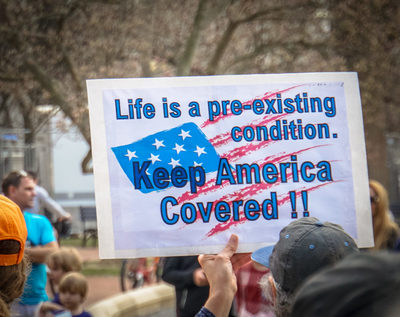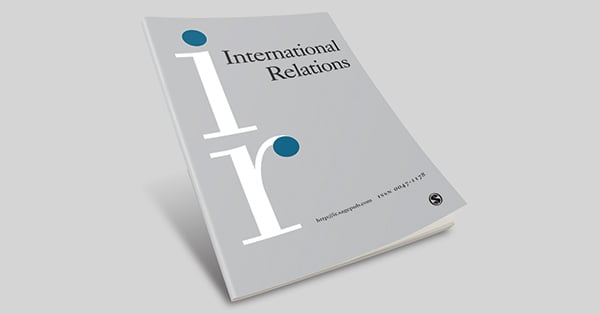The Missouri Senate has been facing a major obstacle in passing sports betting legislation, which would legalize sports betting in the state. The main issue that has been causing problems is the disagreement between lawmakers over the tax rate that would be imposed on sports betting revenue.
Currently, there are two bills that have been proposed in the Missouri Senate that would legalize sports betting. One bill proposes a tax rate of 6.25% on sports betting revenue, while the other proposes a tax rate of 12%. The disagreement between lawmakers over which tax rate to impose has caused a stalemate in the Senate, with neither bill being able to gain enough support to pass.
Proponents of the lower tax rate argue that it would make Missouri more competitive with neighboring states that have already legalized sports betting, such as Illinois and Iowa. They also argue that a lower tax rate would encourage more sportsbooks to open in the state, which would generate more revenue for the state and create jobs.
Opponents of the lower tax rate argue that it would not generate enough revenue for the state to cover the costs of regulating sports betting. They also argue that a higher tax rate would discourage problem gambling and help fund programs to address gambling addiction.
In addition to the tax rate issue, there are also concerns about how sports betting would be regulated in Missouri. Some lawmakers are pushing for a centralized regulatory body to oversee sports betting, while others want to leave regulation up to individual counties.
Despite these obstacles, there is still hope that sports betting will eventually be legalized in Missouri. The state has already taken steps to prepare for the possibility of legalization by creating a framework for regulating sports betting and allowing casinos to apply for sports betting licenses.
If sports betting is legalized in Missouri, it could bring in millions of dollars in revenue for the state and create jobs in the sports betting industry. However, until lawmakers can come to an agreement on the tax rate and regulatory framework for sports betting, it remains uncertain whether or not it will become a reality in the state.



